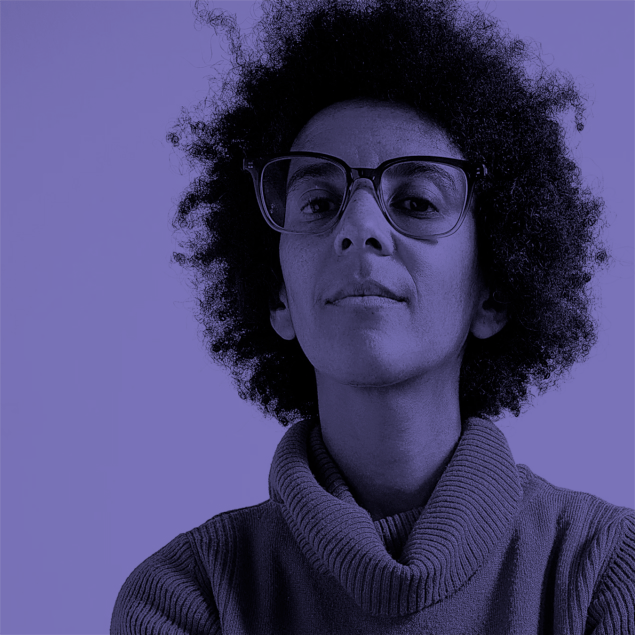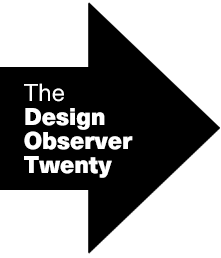
The Design Observer Twenty | Sponsored by IDEO
The Design Observer Twenty is our curated selection of twenty remarkable people, projects, and big ideas solving an urgent social need.
She leveraged her sudden public platform into the Distributed AI Research Institute (DAIR), now a team of 15 social and computer scientists, engineers, refugee advocates, labor organizers, and activists from around the world who are working toward safer, more expansive solutions for — and with — the communities that big tech overlooks and exploits.
“I want to show people that there is another path,” Gebru told Fast Company in September. “Wherever we are is not inevitable.”
That path is taking some joyful turns.
Asmelash Teka Hadgu — a DAIR fellow and the co-founder and CTO of Lesan, a startup that provides machine translation for Ethiopian languages and their millions of speakers — imagines a future where his parents can tell his two-year-old son Nolawi bedtime stories like the ones he heard from his great-grandmother growing up.
“Our elders, our grandmas are the ones who pass on knowledge to the next generations through oral storytelling, so they’re key in our societies,” Hadgu says. “They act as living memories of knowledge.”
Hadgu’s parents live in Tigray, Ethiopia, and speak Tigrinya; his son lives with him and his wife in Berlin, Germany, and will likely speak English as his preferred language. “Now we talk about technological futures in the dawn of the internet, and it makes it easy to connect with strangers, but I don’t have the means to communicate with my own grandma because the tools don’t exist, or they weren’t designed to serve those kinds of people.”
With Gebru and Alex Hanna, PhD, DAIR’s director of research, Hadgu is exploring how Lesan could power an audio-first “Internet for our Elders” using speech technology and community-rooted translation to embrace the languages, storytelling traditions, and other ways of sharing wisdom and shaping memories that our current digital landscape neglects.
In contrast to big tech’s one-size-fits-all stance, DAIR members share a research philosophy that centers community in each of its seven pillars. Those pillars include creating space for interrogating power, co-constructing knowledge and solutions, recognizing and compensating collaborators for their research contributions, and using imagination to “dream beyond existing systems and work towards worlds which we would want to inhabit.”
To realize this abundant tomorrow, DAIR and partnering organizations like Lesan are exposing, reducing, and counteracting the harm of today’s mainstream tech practices. They start by thinking small, but at scale.
We’re co-creating this future technology together, and we hope that it will serve both the company and the communities better.
Asmelash Teka Hadgu
That’s because Meta’s and Google’s claims that their “general purpose” models can reliably translate hundreds of languages are often overblown, according to DAIR’s research. Such distortions can tide “material harms both to speakers of these languages who are served by subpar products that are advertised as high quality, and organizations that specifically serve these groups,” Hadgu and Gebru said in a recent conference paper they co-authored with Paul Azunre, PhD, who founded GhanaNLP, a machine translation startup for languages in Ghana and throughout the broader West African subregion.
“Taking corners is easy and that’s what gets you flashy headlines. ... This is a long process, but it’s also a fulfilling process,” Hadgu says. “We’re co-creating this future technology together, and we hope that it will serve both the company and the communities better.”
Essay by Delaney Rebernik.



